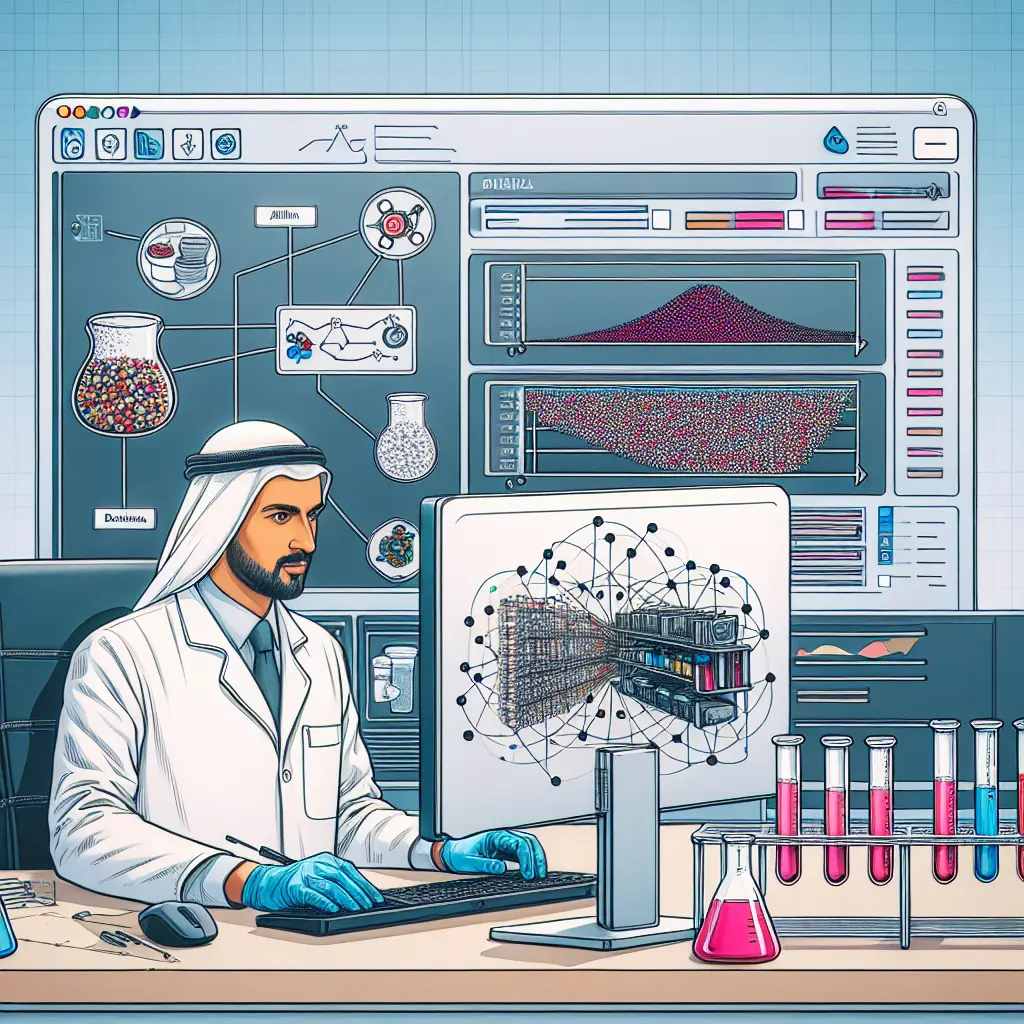
Unveiling the Power of Machine Learning in Personalized Medicine
In the rapidly evolving landscape of healthcare, machine learning is emerging as a transformative force, particularly in the realm of personalized medicine. With the integration of artificial intelligence (AI) into personalized medicine, we are witnessing an unprecedented shift in how medical care is tailored to individual patients. This innovative approach leverages AI in healthcare to craft personalized healthcare solutions that were once unimaginable.
Understanding the Landscape
Machine learning in personalized medicine is reshaping healthcare by leveraging vast datasets to tailor treatments to individual genetic profiles, lifestyles, and health histories. Recent advancements demonstrate the vast potential of machine learning algorithms in medicine. For instance, a groundbreaking gene-editing therapy for beta thalassaemia has been approved for use on the NHS, offering a cure that was previously deemed unattainable. This treatment utilizes Nobel Prize-winning technology, illustrating the profound impact of personalized healthcare solutions powered by AI.
Predictive Analytics and Diagnostics
The role of AI in healthcare extends beyond treatment customization. It also encompasses predictive analytics in healthcare, allowing clinicians to anticipate disease progression and patient responses to treatments. Such capabilities significantly improve medical diagnostics and interventions.
Machine Learning Healthcare Applications: A Closer Look
Transformative Potential
Recent developments underscore the transformative potential of machine learning in medical diagnostics. By integrating AI in precision medicine, researchers are tapping into data-driven personalized medicine to uncover insights that were previously out of reach. Although not directly related to healthcare, innovations like NASA’s Quantum Cold Atom Lab highlight how cutting-edge technology can revolutionize traditional fields—much like AI's role in healthcare.
Benefits and Advancements
The synergy between personalized medicine and AI leads to more predictive, preventative, and precise medical practices. These advancements promise a future where machine learning for patient care continuously refines its approach, crafting increasingly effective healthcare solutions.
The Benefits of Machine Learning in Medicine
Precision and Satisfaction
The benefits of machine learning in medicine are multifaceted. By enhancing precision in diagnosis and treatment, AI-driven personalized treatment minimizes side effects and maximizes patient satisfaction. Machine learning algorithms provide clinicians with the tools needed to develop personalized treatment plans that account for individual variability in drug response.
Innovative Discoveries
A recent case study highlights this power: Oxford scientists have developed a new light-absorbing material capable of transforming everyday objects into solar panels. While primarily an energy innovation, this discovery parallels healthcare’s shift toward harnessing ambient data to drive personalized solutions.
Challenges and Considerations
Data Privacy and Security
Despite its promise, machine learning in personalized medicine faces several challenges. One major concern is data privacy and security. With recent reports of a cybersecurity glitch causing a global technology outage affecting airports and hospitals, ensuring the security of patient data becomes paramount. The role of AI in healthcare must prioritize robust data protection measures to build trust and ensure compliance with regulations.
Ethical Considerations
Moreover, ethical considerations around the use of AI in medical research cannot be overlooked. As America’s Cyber Security Agency appoints its first head of AI—underscoring the technology’s significance—the comparison of AI's potential impact to that of nuclear weapons raises questions about responsible innovation.
Future Directions: AI in Medical Research
Looking ahead, the potential of AI in medical research is boundless. Machine learning algorithms are becoming adept at identifying patterns and predicting patient responses to treatments, paving the way for innovative therapies and interventions. For instance, using drones and AI technology has already begun transforming warfare strategies; similarly, their application in healthcare could lead to more effective disease management and prevention strategies.
As we continue to explore this exciting intersection of technology and healthcare, it’s essential to remain cognizant of the challenges while capitalizing on the opportunities presented by machine learning in personalized medicine. The future holds promise for even more groundbreaking discoveries that will shape the landscape of patient care.
Conclusion: Embracing the Future of Personalized Medicine with AI
The integration of machine learning into personalized medicine is reshaping healthcare by enhancing precision, optimizing patient outcomes, and pushing the boundaries of what is possible in medical treatment. As we reflect on the transformative power of these technologies, several key points stand out:
- Tailored Treatments: Machine learning enables the customization of medical treatments based on individual genetic profiles, lifestyles, and health histories, ensuring that patient care is more precise and effective.
- Predictive Analytics: AI-driven predictive analytics empower clinicians to anticipate disease progression and patient responses to treatments, significantly improving diagnostic accuracy and intervention success.
- Innovative Applications: The synergy between AI and healthcare fosters advancements in medical diagnostics, making it possible to glean insights previously out of reach and paving the way for data-driven personalized medicine.
- Ethical Considerations: Despite its promise, machine learning in healthcare must address data privacy, security, and ethical concerns to build trust and ensure responsible innovation.
The journey into the future of personalized medicine is laden with opportunities and challenges. The role of machine learning in medicine is not just about technological advancement but also about transforming how we approach patient care—making it more predictive, preventative, and precise. As we explore this exciting frontier, it is vital to remain vigilant about data security and ethical considerations to harness AI’s potential responsibly.
As we look ahead, the potential for groundbreaking discoveries remains vast. Machine learning algorithms will continue to evolve, offering new insights into disease management and treatment strategies. This evolution promises to set new standards in precision medicine.
I invite you, dear reader, to share your experiences or insights about the role of AI in personalized medicine. How do you envision these technologies shaping the future of healthcare? Your thoughts could contribute to the ongoing conversation about this exciting intersection of technology and medicine.
Stay curious and inspired as we navigate this transformative era in healthcare.
Warm regards,
Fiona Barrett